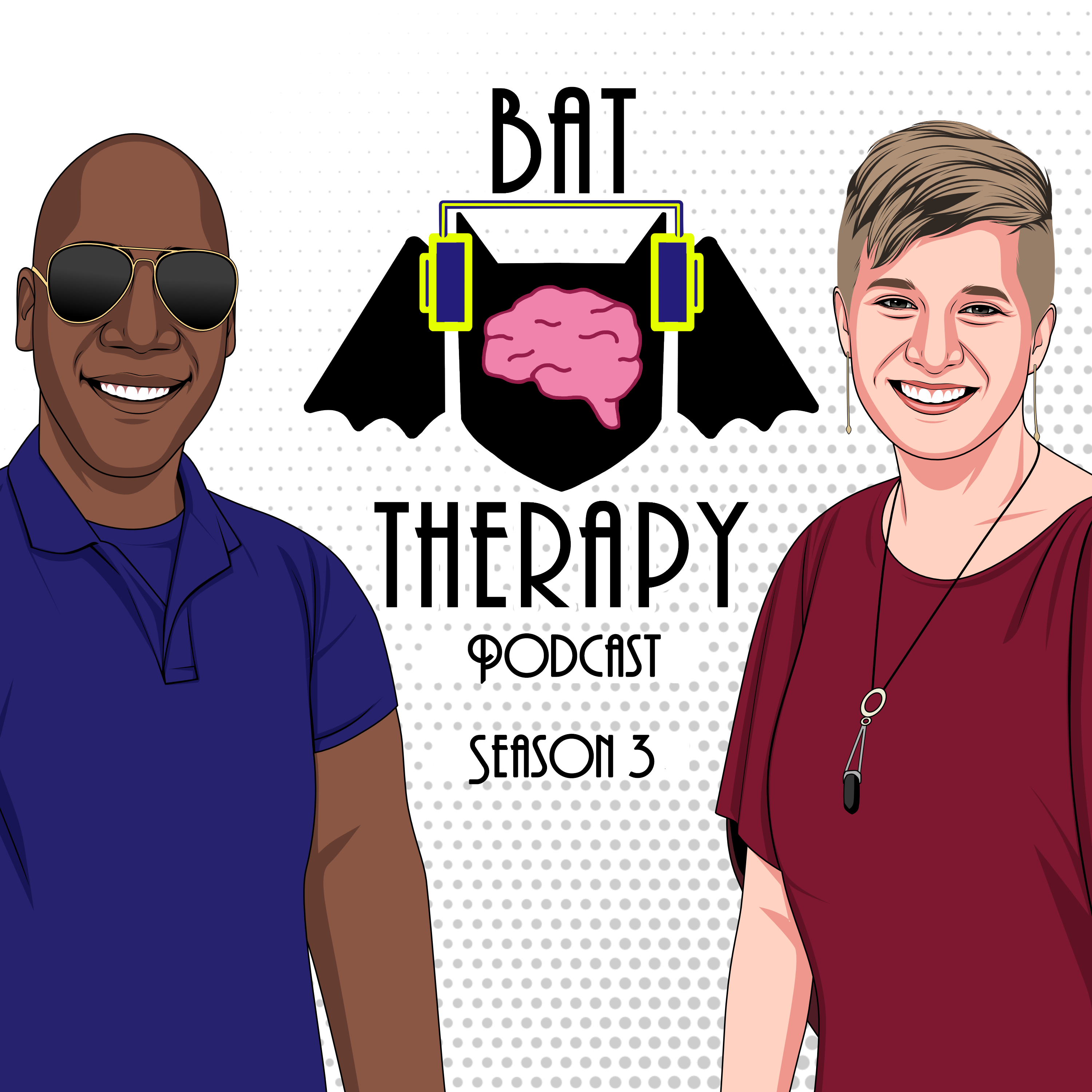This podcast and affiliated content are NOT a way to receive mental health treatment, services, or personal advice. If you are needing help, consider the following links:
Finding Treatment
https://suicidepreventionlifeline.org/
https://findahelpline.com/ (Help to find a crisis hotline in your country)
https://www.samhsa.gov/find-treatment
Mental Health Diagnoses
https://www.nimh.nih.gov/health/topics
https://www.mayoclinic.org/diseases-conditions/mental-illness/symptoms-causes/syc-20374968
Not everyone identifies their experiences as a ‘mental health diagnosis’ or ‘symptoms’. However, having a way to name an experience can be helpful in getting help, support, and understanding. Here are some places to get reliable information about mental health diagnoses.
Mental Health Treatments
https://nami.org/About-Mental-Illness/Treatments
Sometimes the different terms and options can be overwhelming! The link above is a great resource for breaking down the types of professionals, treatments, and treatment settings that can be helpful. (Keep in mind that there are many paths to recovery and healing.)
Therapy: https://div12.org/psychological-treatments/
A general resource to learn more about which psychotherapy treatments are helpful for different diagnoses and symptoms. Fun fact – some treatments are helpful beyond mental health symptoms (headaches, chronic pain, etc.)! When looking for a therapist, it can be helpful to see if there is a psychotherapy treatment that are recommended for what you are experiencing – different therapists are trained in different styles of treatment. Some professions that provide therapy include: Clinical/Counseling Psychologists, some Social Workers, Marriage and Family Therapists, Licensed Professional Counselors, master’s in clinical/counseling psychology.
Medications: https://www.psychiatry.org/patients-families
Medication prescribers can also be helpful in managing mental health related symptoms. Depending on the situation, you may need to see someone who specializes specifically in mental health symptoms (Psychiatrist, Psychiatric Nurse Practitioner, in some states Psychologists can also be certified to prescribe, etc.). Your podcast hosts are NOT medication prescribers, so most of our conversations are not about the specifics of medications – but it is a great option for treatment. This is a resource for learning more!
Peer Support: https://www.samhsa.gov/brss-tacs/recovery-support-tools/peers
Sometimes the most powerful connection we can make is with someone who has been through what we are going through. Peer Support Specialists are people who have successfully achieved mental health recovery. They are trained and certified in providing peer-to-peer mentorship, support, and advocacy. Peer Support can help someone better connect to their treatment services as well as help someone reconnect to people and activities that mental health has gotten in the way of.
